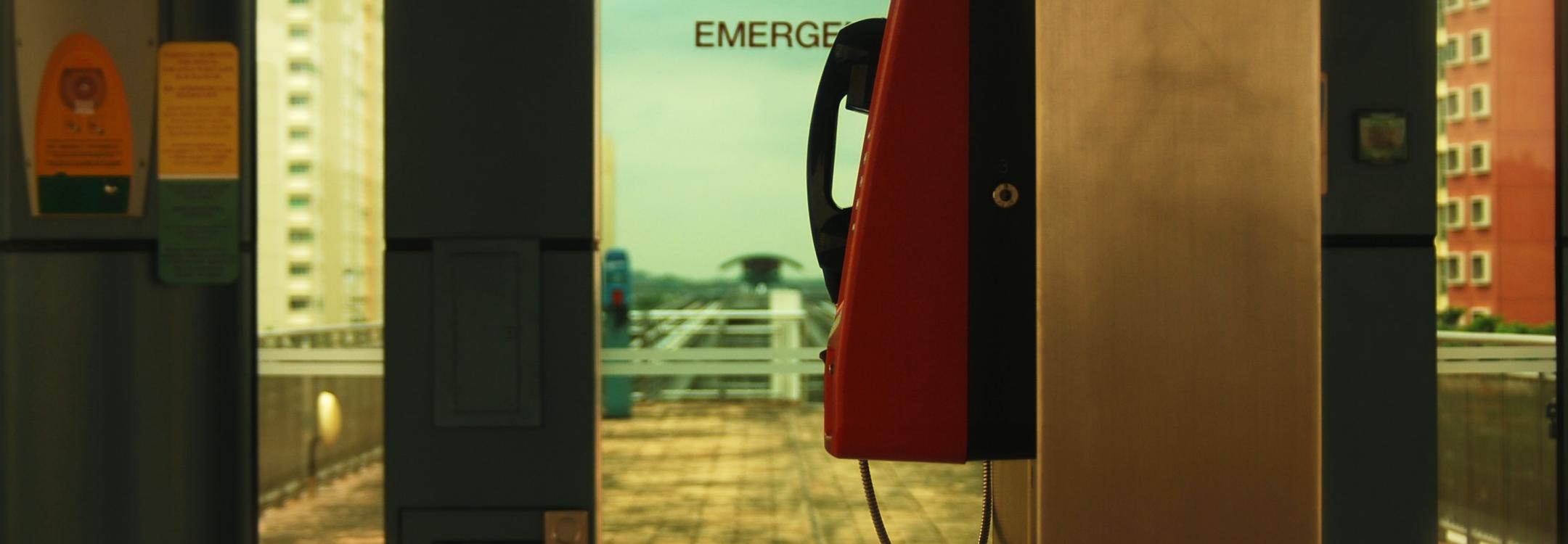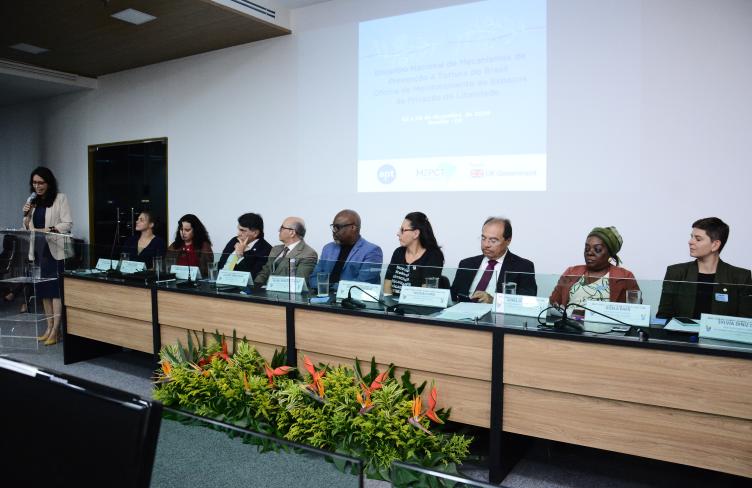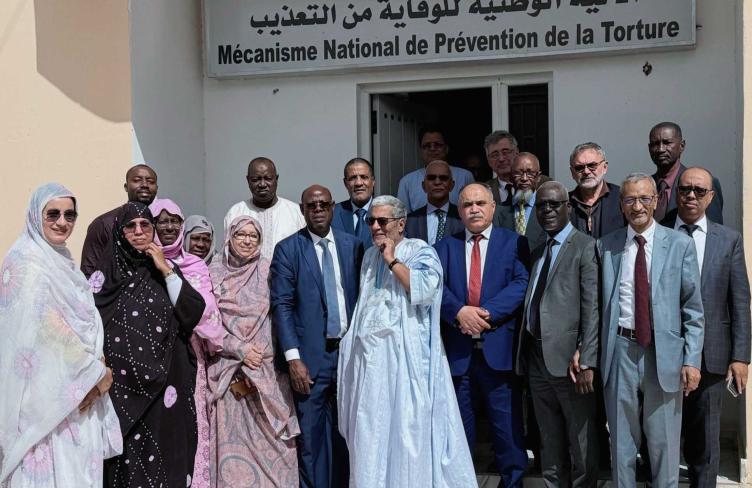
The APT is taking part in coordinated efforts to secure the full functioning of Brazil’s National Preventive Mechanism (NPM) in the wake of a Presidential Decree that dismantled the body’s structure and available resources. The APT has intervened as an amicus curiae as part of a legal proceeding led by the Federal Public Defense Office of Brazil before the federal court that is seeking to revoke the Presidential Decree. (Decree 9.831).
In the motion (available in Portuguese only) submitted to the Court , the APT provides legal analysis of how the Decree contravenes the international obligations Brazil signed up to when it ratified the Optional Protocol to the Convention Against Torture (OPCAT) in January 2007. The APT’s analysis is based on its experience supporting the establishment of NPMs in over 30 countries over the last 13 years, since the OPCAT entered into force.
The Presidential Decree heightens the risks that people deprived of liberty may suffer torture and ill-treatment. Under the OPCAT, NPM’s are mandated to conduct periodic monitoring visits to places of detention. However, as the NPM’s resources have been drastically cut, the government of Brazil has essentially blocked it from carrying out its duties.
The need for a functional, adequately remunerated NPM team in Brazil could not be clearer. The country has over 800,000 persons deprived of their liberty, the second highes t in the world. Prison conditions are often degrading, characterised by severe overcrowding and violence, including a high number of deaths in detention, and systematic complaints of torture and ill-treatment.
Furthermore, as emphasised in APT´s legal briefing submitted to the court , “in addition to fulfilling an undeniable role of directly protecting the physical and mental integrity of persons deprived of their liberty through regular and periodic inspection visits to places of deprivation of liberty, the NPM fulfills the essential function of raising awareness among Brazilian society of the severe conditions, inhuman and degrading behavior that plagues the Brazilian prison system, providing publicly available first-hand information on the conditions of detention and deprivation of liberty, as well as instrumentalising the transparency and oversight of such spaces.”
In its motion, the APT makes references to recommendations issued by the UN subcommittee for the Prevention of Torture after its visit to the country in 2015, calling upon Brazil to “provide both the necessary human resources and adequate funding for the effective functioning of the national preventive mechanism through a specific budget line, in addition to granting the mechanism the institutional autonomy to use its resources.”
Injunction issued by the Federal court
A provisional decision was taken by the Court to urgently suspend the effects of the Decree in order to restore the working conditions of the NPM.
“The APT welcomes the news that the federal court granted the injunction ordering the suspension of the effects of the Decree 9.831 and that the government return the NPM members to their pre-existing functions on a remunerated basis, and calls upon authorities to fully comply with the court’s decision. Reducing resources of the NPM obstructs the exercise of its legal duties to monitor places of deprivation of liberty, further aggravating the vulnerability of persons detained in these places and jeopardising the fundamental right that no one shall be subjected to torture. Decree 9.831 contravene Brazil's obligations under the Optional Protocol to the UN Convention against Torture. Regular visits to places of detention is rigorous and demanding work that requires full dedication and adequate compensation. ”affirms APT´s Secretary General, Barbara Bernath.
The APT has presented also a legal briefing to intervene as amicus curiae before another case being examined by the Supreme Court of Brazil that challenges the constitutionality of the measures adopted by the Executive. The briefing is available here (available in Portuguese only).


